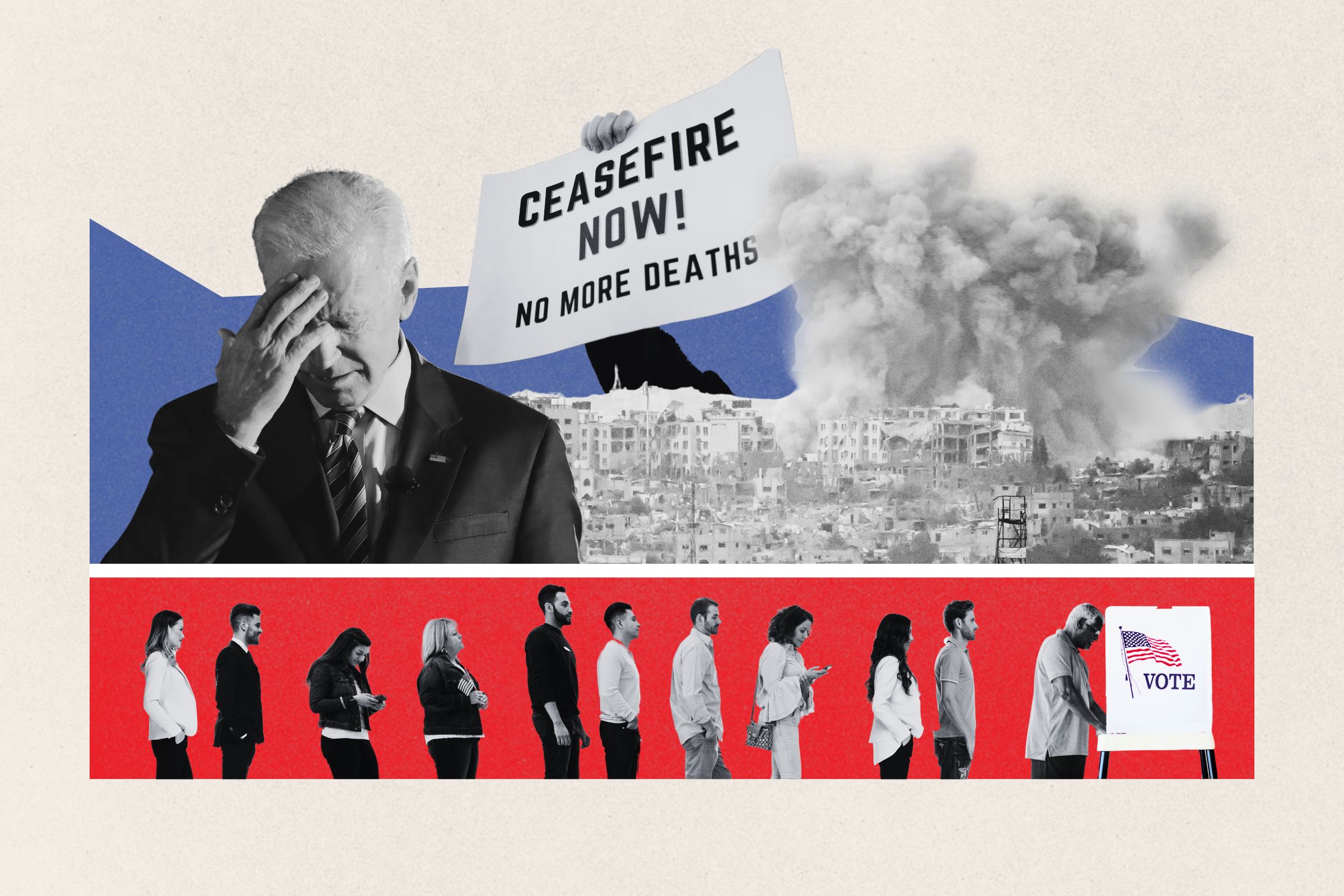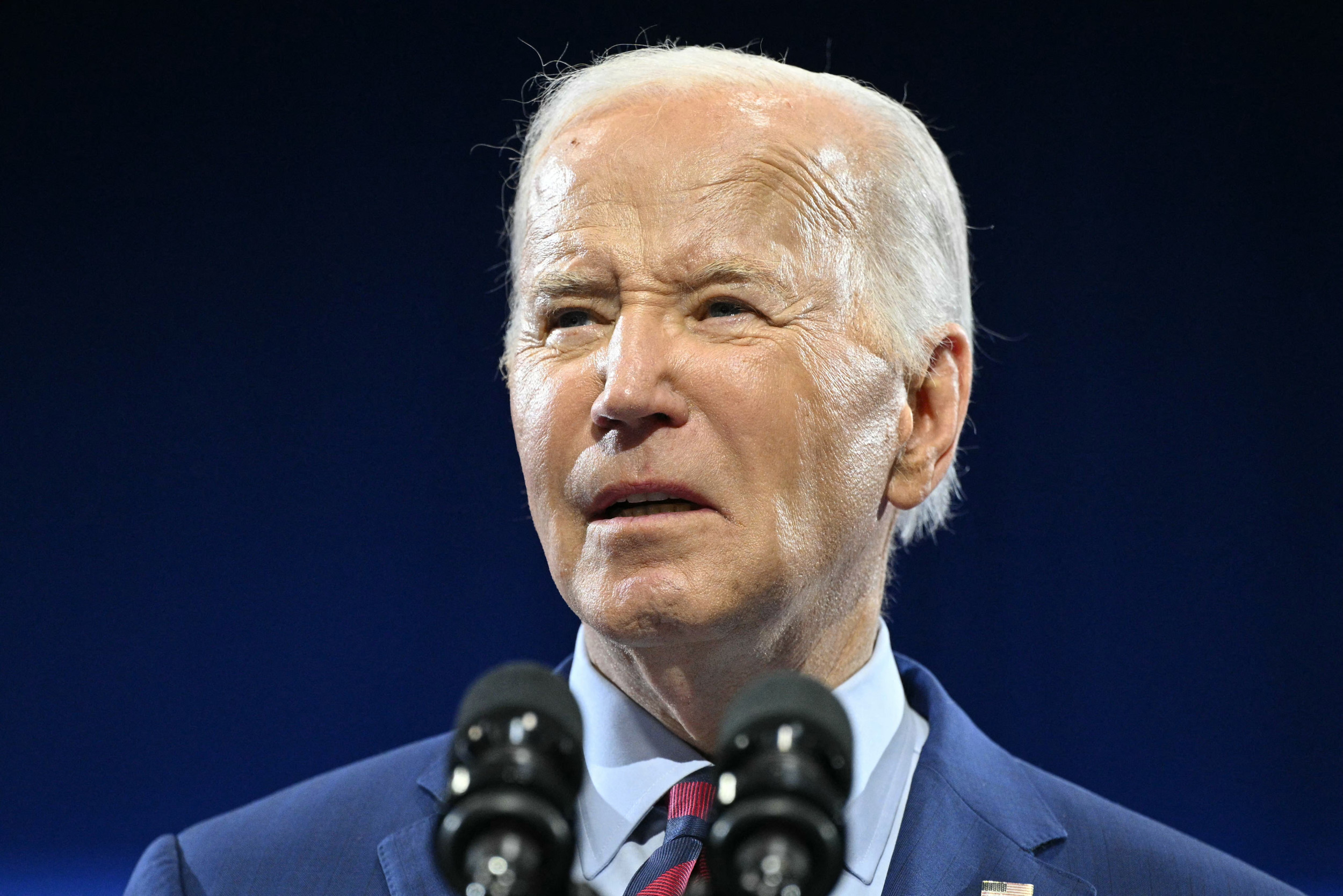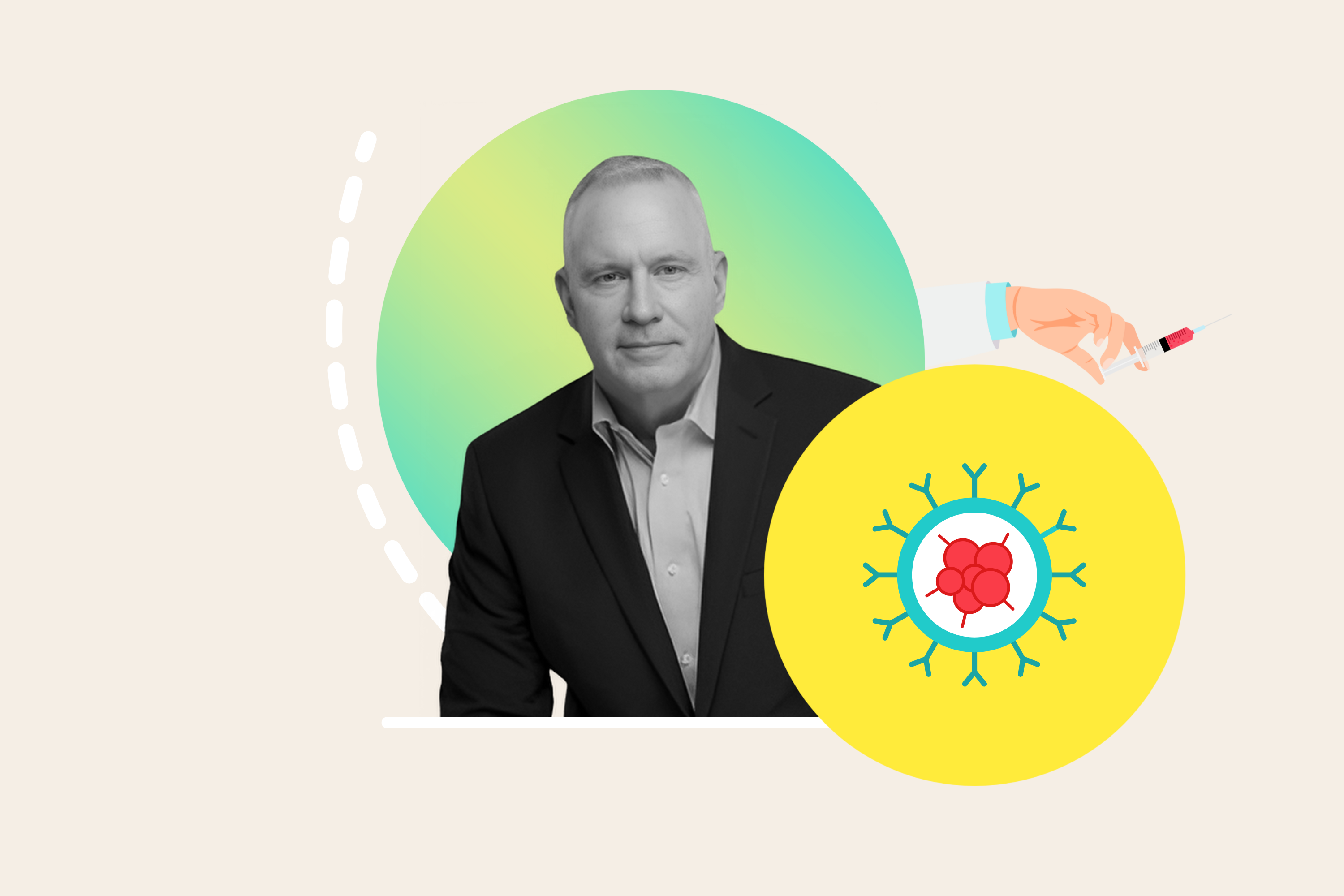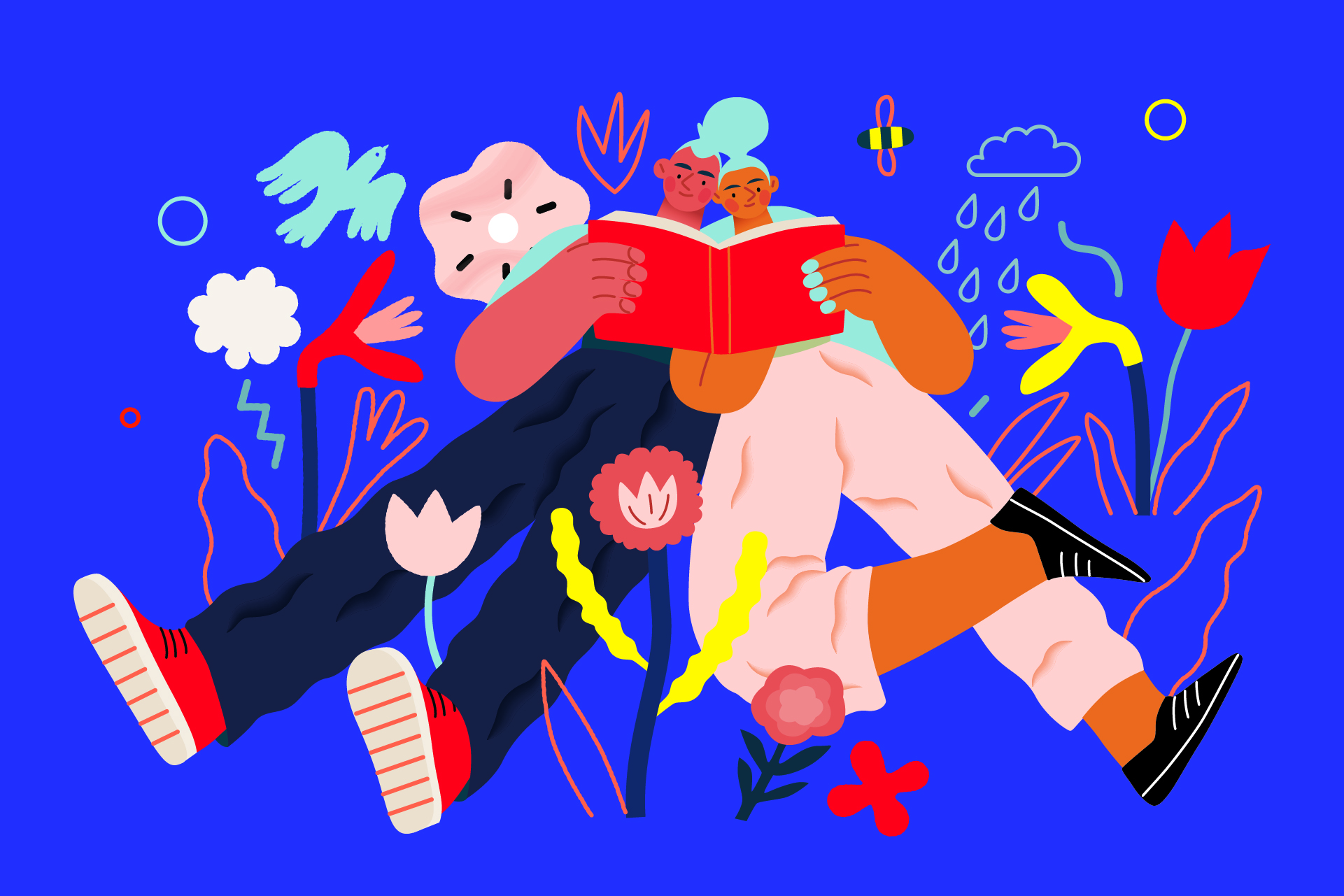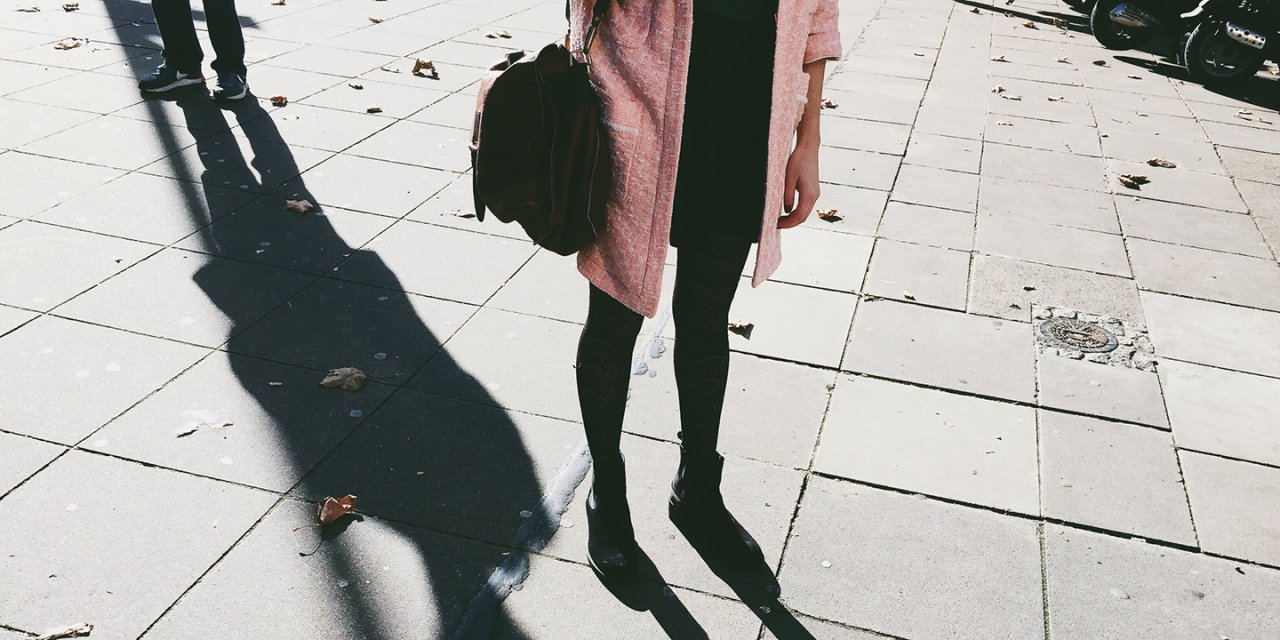
When Title IX researcher and lecturer Donna Freitas was herself a graduate student in the 1990s, she was stalked and harassed by a professor and priest—a teacher she had once thought would be her mentor and dissertation director. Eventually, as his behavior became increasingly obsessive and threatening, Freitas spoke up to the administration.
Now an expert on sexual consent, Freitas doesn't hesitate to assure targets of harassment that they aren't to blame, and now she has decided to speak out publicly about her own story. Her story is featured in an excerpt from her book, Consent: A Memoir of Unwanted Attention.
In this Q&A, Freitas discusses her thoughts on the strengths and weaknesses of Title IX and mandatory reporting, what she thinks of the #MeToo movement and the abuses in the Catholic Church and more.
Why did you decide to write this book now?
I was working on another book, Consent on Campus: A Manifesto, when I realized that the argument I was making about consent, I couldn't make without everything I went through in grad school. The realization felt like a punch—I'd never made the connection between my academic research and activism on campus and what I lived so long ago. I opened up a new document on my laptop, and started writing the memoir alongside the other book. Eventually, I realized I didn't want to carry this secret alone anymore.
How can you write or speak publicly about this now?
I just decided it was ridiculous—poisonous—to remain silent any longer. It didn't make sense, that it was crazy that the price of my school making the behavior go away was my pretending like this never happened, ever, for the rest of my life.
What advice would you give to women who are experiencing harassment or stalking?
Try to have enough courage to speak to someone you trust.
The worst part for me was that this person stole my capacity to trust my own judgment—he made me doubt every doubt I had about him. Was I making a big deal over nothing? I was afraid of not being believed, and I was afraid of getting him in trouble. Anything you can do to not be alone, to say out loud to someone what you are going through, is a step in the right direction.
How can women protect themselves at a university with regard to reporting abuse?
I am not a fan of mandatory reporting; it raises the stakes of telling someone. Mandatory reporting sounds like a good idea because it forces universities to keep records and contend with what's happening within the community. And schools are taking better measures to protect confidentiality and make the experience less intimidating. But it's difficult to understand exactly how hard it is to come forward unless you've been through it. (It took me years.) I worry that any little thing you add that makes telling someone—anyone—more intimidating, makes it all the more likely that victims will keep their secret and remain alone.
What strengths and failings do you see in Title IX?
Title IX is so important—it's forced universities to contend with sexual assault and harassment on campus and to do prevention education. But it makes me angry that universities had to be forced. And the way we contend with Title IX on campus, is also incredibly flawed. Rather than give consent and sexual assault prevention programming the investment, attention and complexity it requires, we are acting as though the effort is as simple as "Yes means yes," and "no means no," and one Title IX education session for everybody. This doesn't do the work required to dismantle systemic sexual violence in our communities, or really, to teach much of anything about consent.
When the coverup deep within the ranks of the Catholic Church regarding child sex abuses was exposed, did it make you feel any different about your own experience?
It literally took years for it to occur to me that maybe what happened to me was connected to the abuse scandal. I'm still coming to terms with it. But the Catholic church used the same methods to cover up what was happening to me. It makes me sick to my stomach now to see how textbook my experience was.
Why do you think the #MeToo movement has gained such traction now?
I think the attention sexual assault on campus was getting for several years helped to pave the way for #MeToo (think The Hunting Ground, and Emma Sulkowicz carrying her mattress at Columbia). But I'm in a wait-and-see mode. The public conversation has started, and this is huge and new and important and necessary. To speak out loud these things all of us have kept so secret! I hope this marks the beginning of a critical realignment. But this country still elected a president accused by so many women of sexual assault and who boasted about assaulting women—which speaks volumes to how far we have left to go.
What's next in your life?
Lots of swimming and cooking and eating and hanging out with the people I love in my life. Trying to figure out how better to say out loud the title of my memoir when people ask (it's so dark and revealing!). I taught a memoir class last semester and never told my students the title! It would be nice to somehow proudly announce it. And my first novel for adults will be out next year, The Nine Lives of Rose Napolitano.
Since the events in your book, technology has evolved. Do you use any apps to block unwanted calls or spam emails?
I'm not on any social media and I still have a "dumbphone" so that helps, but maybe isn't for everyone. What I lived turned me into a really private person, and the open, constant access social media gives everyone really stresses me out. My answer is simply not to be on it.



